Advertisement
Some workdays feel endless. You stare at your screen, juggling emails, deadlines, meetings, and half-finished documents. There's a constant race between tasks and time. But recently, something has shifted in many offices—people are letting AI lend a hand. One of the tools making a difference is ChatGPT. It's not a magic wand, but it does free up mental space. With a bit of creativity, this tool can take over small tasks, help manage bigger ones, and even keep you focused. If your workday needs fewer distractions and more traction, here's how ChatGPT might help.
Writing reports can eat up your time, especially if you're juggling multiple ones at once. Whether it's a weekly summary, a project update, or a client report, structuring your thoughts clearly takes energy. ChatGPT can help you organize your information into a clean format. You can feed it a few bullet points or a rough outline, and it turns that into something that’s actually readable. It doesn’t just rephrase—it understands tone, length, and even formatting cues. You can even ask it to rewrite a section to sound more professional or more relaxed, depending on your audience. What used to take an hour may now only need fifteen minutes of checking and tweaking.
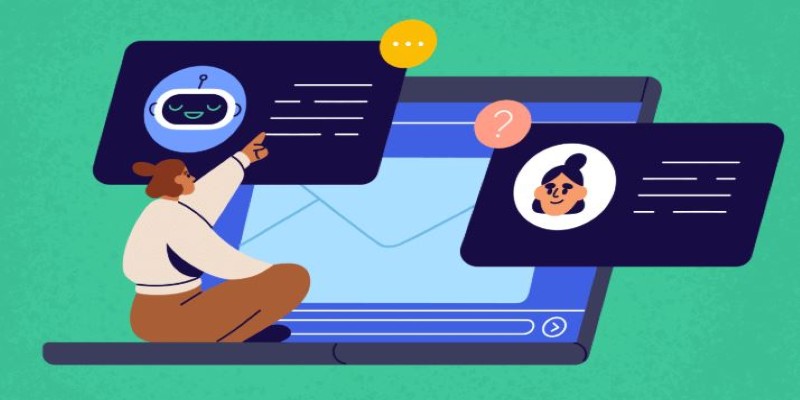
Reading long threads of emails or dense documents drains your brainpower before the day even begins. ChatGPT acts like a shortcut for these. Paste the content into ChatGPT, ask for a quick summary, and you’ll get the core ideas without the fluff. For people dealing with multiple departments or teams, this can be a quiet lifesaver. You stay in the loop without combing through everything line by line. You can also ask follow-up questions if something isn’t clear. This is especially helpful when you’re returning from a few days off or catching up after back-to-back meetings.
Some mornings, you feel stuck before you even start. You're supposed to come up with a campaign slogan, blog ideas, project names, or outreach angles—but nothing clicks. ChatGPT can nudge your creativity in the right direction. Even if you don't use the suggestions directly, they help shake off that blank-screen anxiety. The back-and-forth interaction helps you shape your ideas faster. It's like having a low-pressure sounding board that doesn't judge your first drafts. Whether you're in marketing, sales, education, or development, this can give your brainstorming a quick push forward.
Not all emails need to be crafted like speeches, but they still need to sound thoughtful, clear, and error-free. ChatGPT can take your rough sentences and turn them into polished messages in seconds. Whether it's a formal request to your boss, a client follow-up, or a team-wide update, you can set the tone and length, and ChatGPT adjusts accordingly. You still stay in control of what you're saying, but the awkward phrasing, typos, or unnecessary wordiness get trimmed out. This not only saves time but also helps you avoid misunderstandings caused by rushed messages.
If you have regular meetings, chances are you've written the same kind of notes or action plans again and again. ChatGPT can take your raw meeting notes and clean them up into structured summaries. You can also feed it your recurring tasks and ask it to build simple checklists. While it's not a replacement for project management tools, it fills in the gaps, especially when you need something quickly or want to keep things light. Whether you're planning weekly catch-ups or monthly reviews, having a consistent format helps everyone stay on track without the extra mental load.
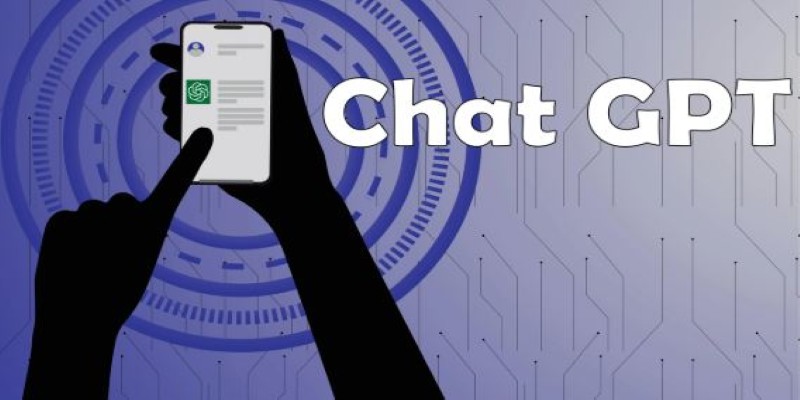
If your work involves content—presentations, training materials, client FAQs, social media captions—ChatGPT becomes a quiet co-worker that doesn’t miss a beat. You can ask it to rewrite existing content to suit a different audience, turn a blog into bullet points for a presentation, or reword dense instructions into plain language. It’s not just about saving time—it’s about staying consistent in tone, avoiding repetition, and improving clarity, structure, engagement, and overall message alignment. The results don’t need to be used as-is either. They’re often good starting drafts that you can fine-tune to match your brand voice or project tone.
There are those in-between tasks that seem small but stack up. Looking for synonyms, writing meeting agendas, preparing icebreakers, making bullet lists, proofreading quick memos, or turning shorthand notes into paragraphs. ChatGPT handles these with zero complaints. You don’t need to open a dozen tabs or ask someone else. In some ways, it works like a personal workplace assistant that handles repetitive micro-tasks—summarizing emails, brainstorming taglines, rephrasing sentences, creating outlines, suggesting subject lines—freeing you up to focus on the actual work. Over time, these micro wins begin to make a real difference in how your day feels and flows.
The idea isn't to let ChatGPT take over your job—it's to make the job easier to manage. When used smartly, it acts like an invisible support system that helps you move faster and think clearly. Tasks that once drained your mental energy can be shortened, simplified, or structured better. Whether you're writing, replying, organizing, or just planning the day, it can keep you from getting bogged down in details. As more teams get used to working with AI tools like this, those little boosts in productivity will begin to shape entire workflows. If you're looking to streamline your schedule, ChatGPT may be one of the simplest ways to start.
Advertisement
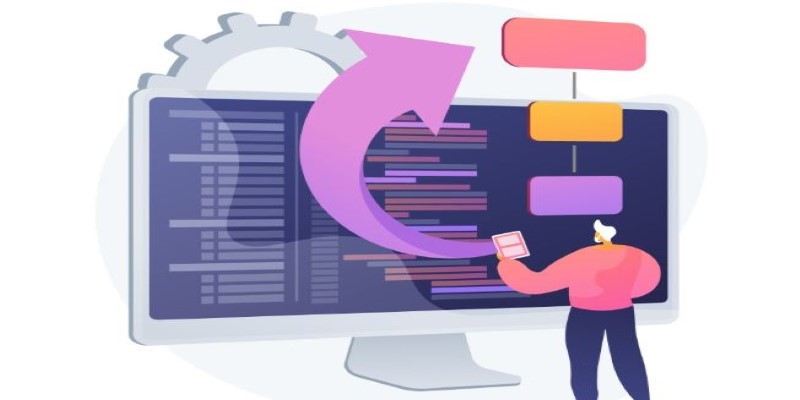
Discover practical methods to sort a string in Python. Learn how to apply built-in tools, custom logic, and advanced sorting techniques for effective string manipulation in Python
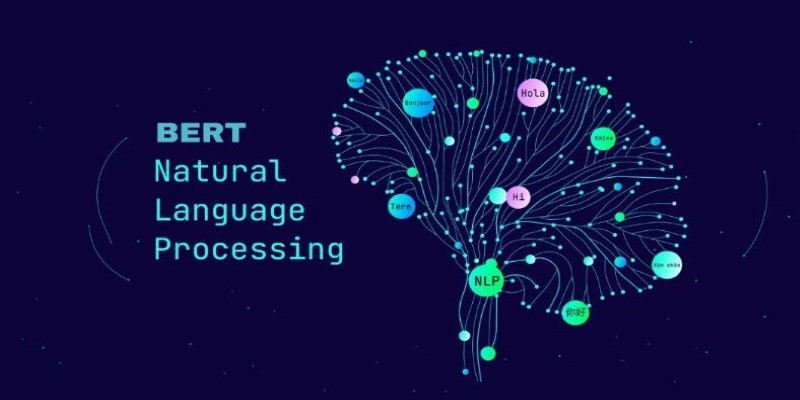
How the BERT natural language processing model works, what makes it unique, and how it compares with the GPT model in handling human language
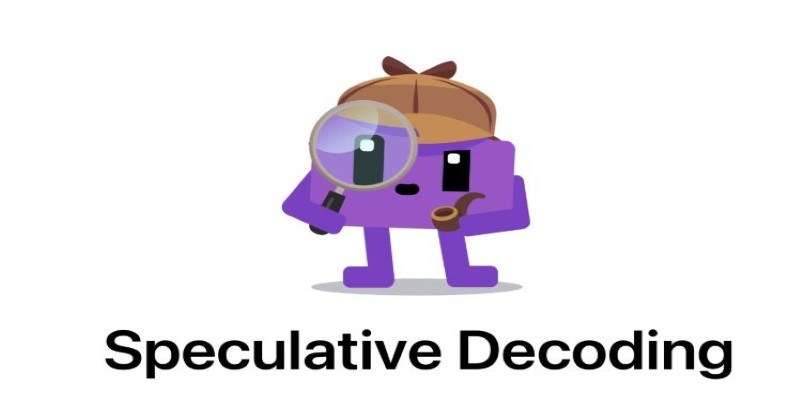
How self-speculative decoding improves faster text generation by reducing latency and computational cost in language models without sacrificing accuracy

AI prompt engineering is becoming one of the most talked-about roles in tech. This guide explains what it is, what prompt engineers do, and whether it offers a stable AI career in today’s growing job market
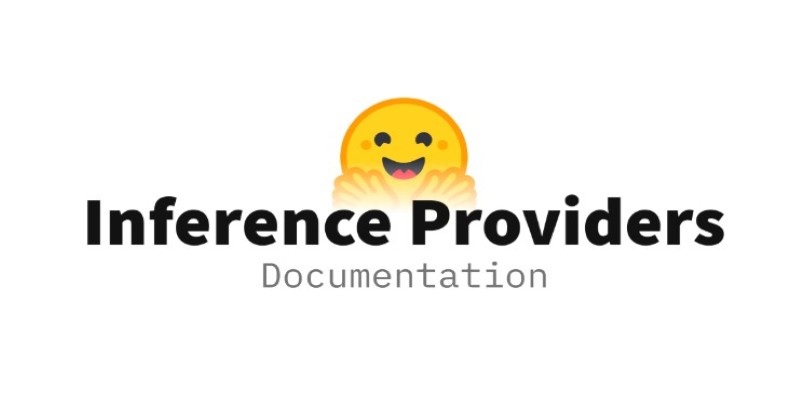
How inference providers on the Hub make AI deployment easier, faster, and more scalable. Discover services built to simplify model inference and boost performance
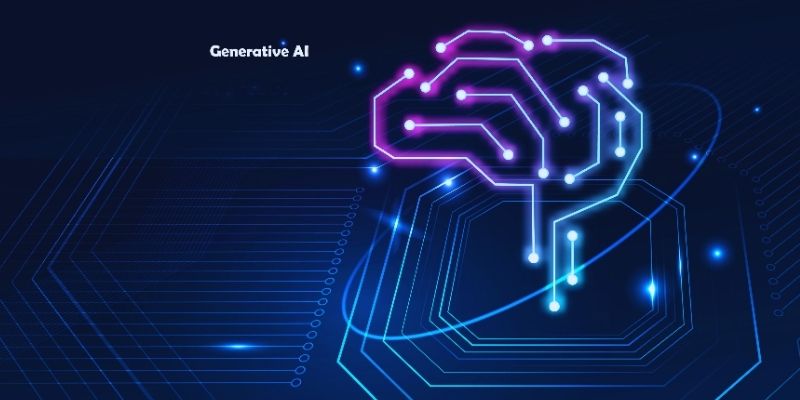
Discover four simple ways generative AI boosts analyst productivity by automating tasks, insights, reporting, and forecasting

Can ChatGPT be used by cybercriminals to hack your bank or PC? This article explores the real risks of AI misuse, phishing, and social engineering using ChatGPT

Why teachers should embrace AI in the classroom. From saving time to personalized learning, discover how AI in education helps teachers and students succeed

What is the AI alignment control problem, and why does it matter? Learn how AI safety, machine learning ethics, and the future of superintelligent systems all depend on solving this growing issue

Learn 8 effective prompting techniques to improve your ChatGPT re-sponses. From clarity to context, these methods help you get more accurate AI an-swers
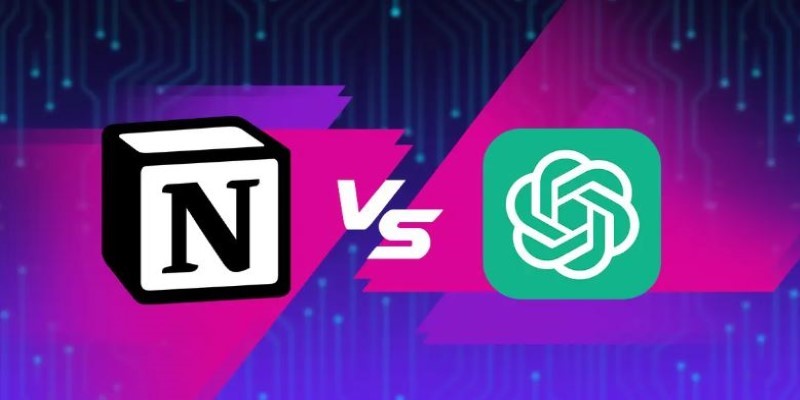
Compare Notion AI vs ChatGPT to find out which generative AI tool fits your workflow better. Learn how each performs in writing, brainstorming, and automation

Oracle adds generative AI to Fusion CX, enhancing customer experience with smarter and personalized business interactions